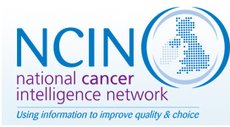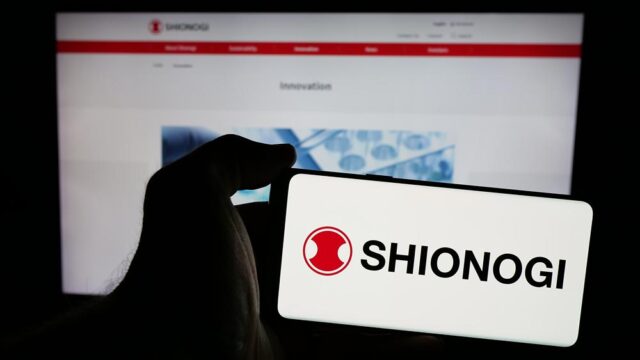Advertisment
BSH 2015: COSD and SACT Cancer Data: How do you perform/conform nationally? Robin Ireland, Kings College Hospital, London.

by Christine Clark: The National Cancer Information Network (NCIN) was established to drive change and improve cancer outcomes. Analyses show large variations in practices and outcomes some of which could be due to poor quality data entry. As commissioners will use NCIN data to determine whether services are fit for purpose this is an important issue. Dr Robin Ireland, described how the network is central to the national cancer improvement strategy.
Clinicians urged to take responsibility for accurate data input to the Cancer outcomes and Service Dataset (COSD) and the Systemic Anticancer Therapy (SACT) dataset.
The National Cancer Information Network (NCIN) was established to drive change and improve cancer outcomes. Analyses show large variations in practices and outcomes some of which could be due to poor quality data entry. As commissioners will use NCIN data to determine whether services are fit for purpose this is an important issue.
Dr Robin Ireland, Chair of the Haematology SSCRG (Site Specific Clinical Reference Group) of the National Cancer Information Network (NCIN), described how the network is central to the national cancer improvement strategy. The core objectives of the NCIN are to undertake efficient collection of data throughout the whole of the patient’s cancer journey, to create a repository for cancer datasets and to establish the capability to analyse the data. In addition, the data are to be used to drive improvements in care and for purposes of audit and research. This is a wide remit, he acknowledged. The NCIN receives data from a wide range of sources including Health and Social Care Information Centre (HSCIC), national audits, office of national statistics and cancer registries.
The Government has a spotlight on cancer data and the drive for transparency of information means that the data submitted to the NCIN will be published whether it is accurate or not. Moreover, commissioners will use the data to determine whether specific services are fit to look after their patients. A new set of indicators – Clinical Headline Indicators – will shortly be launched to reflect the quality and standard of services, he added.
Intelligent commissioning is an attractive goal but much depends on the quality of the data. Different cancer networks are using the dataset to greater or lesser extents at present. The London Cancer Alliance has taken a strong stance on this. “It commissions reports from the NCIN on everything we do”, he said. Sometimes it is only at this stage that missing data become apparent, such as failure to record performance status for patients, he added.
The data gathered by the NCIN are being used to look at variations and for teasing out causes of variation. They are also being added to peer review – something that will affect all clinicians – and to provide evidence for national guidelines. Another use is in research where the data can provide long-term outcome data, if set up correctly, he noted.
The collection of COSD data is a big process involving many sources including core data sets from every tumour group and monthly submission from hospital trusts. SACT data is based on a standard dataset that is submitted monthly by hospitals. The diagnosis can differ from that in the COSD dataset because the data are often entered by a different person, said Dr Ireland. All trusts are now submitting some information but in many cases this is not complete. The data show that 790,000 cycles of chemotherapy are started each year. Unfortunately treatment intent (curative or palliative) is not always recorded. Only 53% of records contain the ICD 03 (morphology) codes and only 44% record performance status. These gaps make the data less useful than it could be, he commented.
The biggest problem is data quality. One category that gave cause for concern was ‘NHL NOS’. NOS stands for ‘not otherwise specified’. Dr Ireland described this as “a useless dumping ground”. “Nobody is treated for NOS and nobody dies of NOS”, he added. In 2000 40% of Non-Hodgkin lymphoma (NHL) patients were classified as NOS and by 2010 this figure had fallen to 20%.
The multidisciplinary team (MDT) is crucial for entering accurate information. Ideally, coded real-time information should be entered by a clinician during the MDT meeting. This should go electronically to the central data base to avoid the risk of transcription errors. In practice the system rarely operates in this way. Often, not all the information is available at the same stage; information is recorded on paper and later transcribed or entered by a non-clinical data entry clerk. In addition, feedback reports are rarely cascaded to the clinicians so they may be unaware that inaccurate data have been submitted.
High quality data can drive change and improve cancer outcomes but this will only work if clinicians take a serious interest in data collection and data quality. Hospital trusts are mandated to collect the data and NHS England will publish it even if it is inaccurate. Therefore, the onus is on clinicians and trusts to submit complete and accurate information, concluded Dr Ireland.





